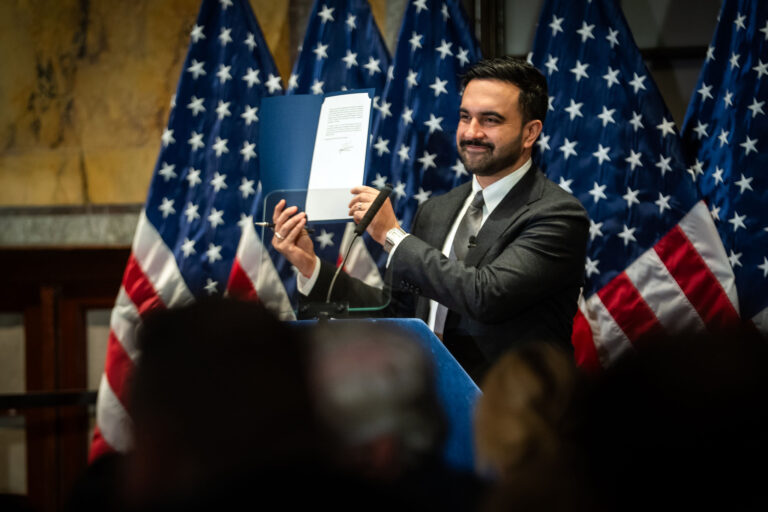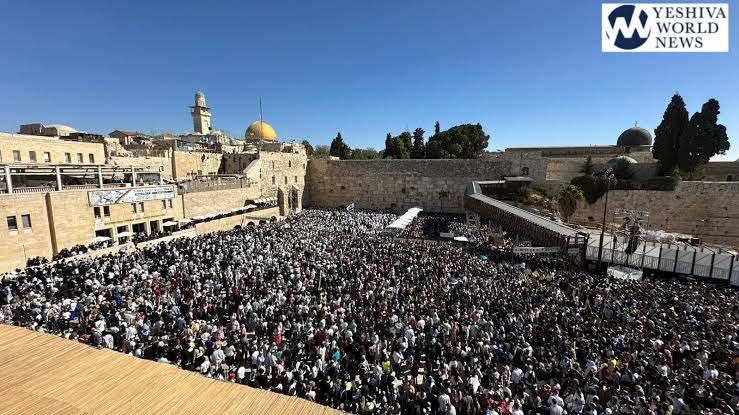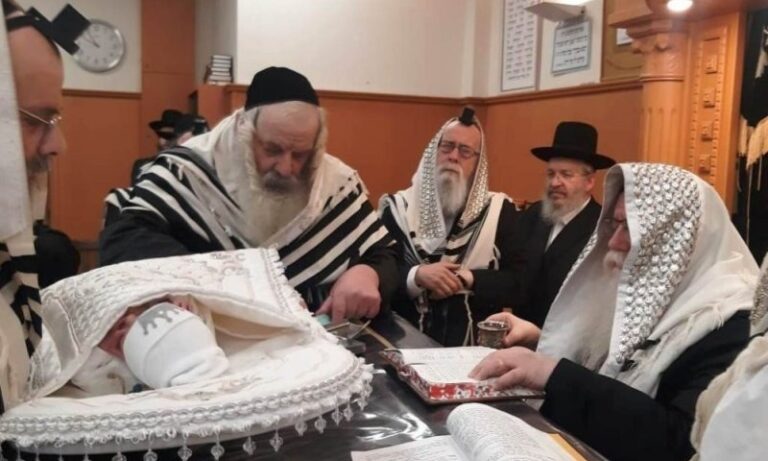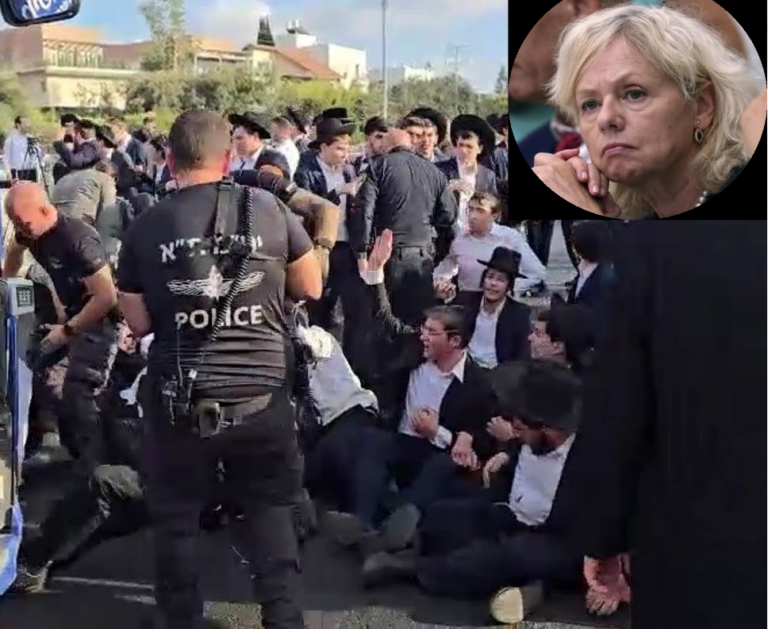In a fascinating and first-of-its-kind study carried out at the Emek Medical Center in the northern Israeli city of Afula, it was found that religious-spiritual support plays a crucial role in fighting COVID.
The study was published recently in a scientific journal about mental health treatment and piqued the interest of doctors and therapists worldwide.
“The patients during the first COVID wave were mostly Shomrei Torah and mitzvos who caught the virus at Purim events,” said Dr. Einat Madar, director of the Integrated Internal Medicine and Mental Health Services at HaEmek Medical Center. “We saw that as Pesach got closer and closer, the [religous] patients became more and more worried that they wouldn’t be able to fulfill Leil HaSeder and the other mitzvos of the Chag. Not celebrating the Chag was too difficult a decree for frum patients. They were preoccupied with it and we saw how much it influenced their mood and in accordance, their physical condition.”
“It should be understood that many COVID management guidelines from a medical perspective were published during the coronavirus era but at least at the beginning, no one related to the mental health welfare of patients, including their spiritual welfare,” Dr. Madar continued.
“As caretakers who combine a unique approach of treating the mind and body, we understood the importance of the issue and therefore we responded to the hospital Rav’s suggestion to hold a halachic Pesach Seder in the coronavirus ward.”
The hospital’s Rav, Rabbi Yosef Yitzchak Segal, said: “I remember an 87-year-old patient who didn’t believe he would hold a Seder. When he saw the set Seder table, he sat at the table from an hour and a half before the zeman and his face glowed throughout the entire evening.”
“I can’t even explain the extent of the influence of spiritual support regarding illnesses and specifically COVID but two days after the Seder, the patient told me that he feels much better. He was later released from the hospital and recovered completely. They gave him hope.”
“Providing conditions for patients to practice their faith and celebrate events related to religion and mesorah creates happiness and improves the patient’s welfare,” said Dr. Madar. “In accordance, the responses we received were very moving. Many patients told us after their condition improved that they believe that the atmosphere we succeeded in creating for the Chagim was a turning point for them in fighting the virus. And we really saw that it dramatically improved their physical condition.”
“We felt obligated to share our findings and we wrote the first article of its kind in a scientific journal that emphasized religious-spiritual support for COVID patients. It aroused much international interest and we received many inquiries.”
(YWN Israel Desk – Jerusalem)












2 Responses
I can’t even explain the extent of the influence of spiritual support regarding illnesses and specifically COVID President Donald Trump comprehended this loud & clear from the very beginning, which is why he declared Houses of Worship as an essential which have to be reopened immediately {certainly way more essential than some liquor stores}
This is beautiful. Ki Heim Chayeinu isn’t a nice expression. It’s a value and mission statement that defines how we view life. And that affects how we make judgements and what saves lives.
Those who endlessly denigrated people who wished to find ways to keep their yiddishkeit alive during the initial stages of the pandemic, and forced the point that COVID-consciousness was more important than anything caused tremendous long term damage.
Yes, sacrifices needed and sometimes still need to be made, but our Yiddishkeit is our life, and value judgements needed to be weighed accordingly, as this study proves. (Obviously with care and good judgement, no need to yell…)
Why is it that many from certain communities still don’t care to return to shul, being perfectly content with driveway Minyanim, all the while attending restaurants? Why indeed?
What about our lives makes up the essence of what’s worth living and sacrificing for? and what is not?
There is more in heaven and earth than in some of your philosophies. To BE yiddin or perhaps not to be but just to perform, that is perhaps the question….